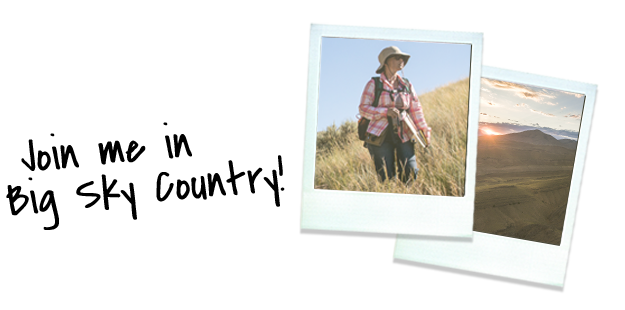At just past 2 p.m. in early July, the temperature in southwestern Montana is hovering around 93 degrees.
Impervious to the heat, Michael McGroder climbs swiftly up a steep, rocky hill where a group of geology students and teaching assistants from the University of Washington stand observing two small ridges below.
It’s their fourth day at Block Mountain, just outside the town of Dillon, and the students are trying to map an area known informally as the Rat’s Nest. The name is well earned by this giant tangle of rocks: The oldest layers are somehow on top of younger layers, some layers are upside down, and the entire Triassic period (the layer that formed between 251 million and 199 million years ago) is missing in places.
“Geologists love a good murder mystery,” says McGroder, the group’s instructor — and making sense of geologic complexities is akin to tracking down the culprit.
Over six weeks, his students tried out their detective skills by mapping, surveying and exploring this slice of Big Sky Country as part of the Department of Earth and Space Sciences’ geology field camp. For many of them, it was their first opportunity to practice geology like a professional would.










